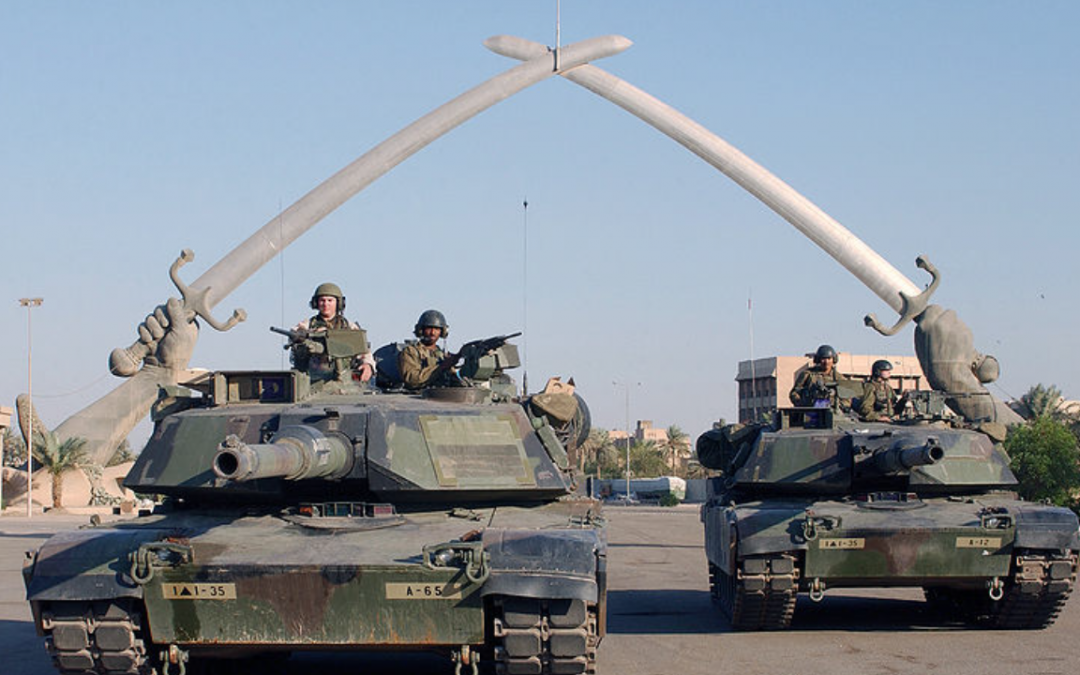I don’t know about you but I’m getting sick of all these laws. I mean, call me old fashioned but I preferred life in the stone Age. There were no laws in those days. The only things to worry about were neanderthals and woolly mammoths. But now things are different Wolly Mammoth are no longer woolly, they’re just kind of grey and called elephants now. But some things are the same. There are still some places with no laws in the world today. These lawless areas of the modern world are like the old west – just with less native Americans. But they’re still interesting and I think you should know about them. Here are ten places with no laws.

Libya
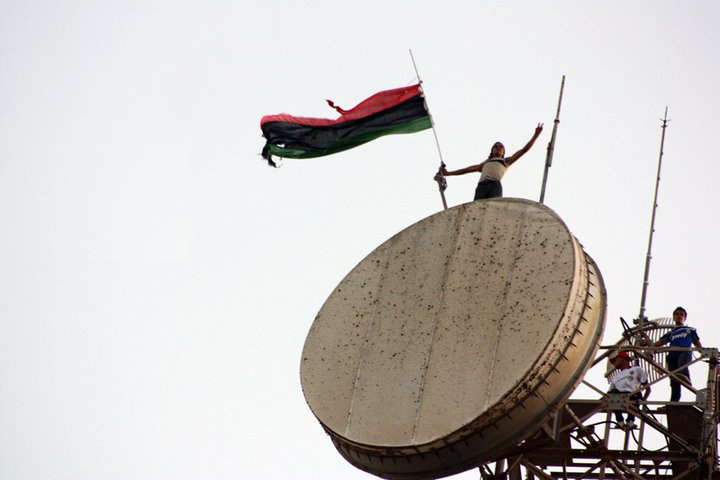
Libya – the country once ruled by a long lost Muppet’s character is now a hot mess. Under the rule of their dictator Libya was actually doing quite well. Education was free, even for women. In fact Libyan women had far more rights than other Arab states. Poverty was also relatively low. Libyan society was comparatively great. But Gaddafi was still a dictator and as part of the Arab Spring he was overthrown and killed. With the dictator dead rebel forces splintered into different groups, many of which claiming to be the legitimate government. This is a common theme in failed states and places with no laws.
Libya descended into lawlessness, with different parts of the country being controlled by different armed groups. There are thought to be around 1700 active armed groups in Libya. There’s no government or police or courts to stop them or anyone else doing whatever they want. In some areas the slave trade has made a come back, which is never a sign things are going well. Libya is a failed state now. A lawless desertous wasteland like something from a low budget Australian scifi movie. In the chaos, many Libyan’s miss the crazy waxwork figure looking sex bomb they chased out of office.

Ras Khamis
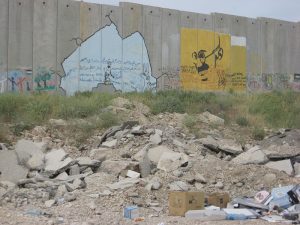
Jerusalem is an interesting city for many reasons. One of which is because the city is split in half, with the west under Israeli control and the east under Palestinian control. This makes life very confusing for people who live in a neighborhood called Ras Khamis. The neighborhood is claimed by Israel as their territory but is separated from the rest of Israeli Jerusalem by the concrete wall elected by Israel a decade before. And so, the only way to access or leave Ras Khamis is to pass through Palestinian land. This has left the neighborhood an isolated no mans land, in a sort of legal limbo. The mayor of Jerusalem said Ras Khamis should not be considered part of the city.
This leaves people to wonder who owns the land. Some argue that, in theory, no one does. And so far that seems to be true, with neither Israel or Palestine, without police of either state operating there. There’s no sign of any authority in Ras Khamis, causing residents to pave their own roads. It’s a lawless nether zone in the middle of Jerusalem. But with a population over 20 thousand, massive skyscrapers have sprung up. Luckily they don’t need planning permission. Unluckily people can also get away with murder. It’s a glass half full thing.

FATA
Pakistan is the country that gave us Pakistanis, believe it or not. It’s a vast country, with some areas being relatively safe and others being incredibly dangerous. Along Pakistan’s border with Afghanistan is a region known as FATA, a notorious frontier where local tribes make their own laws and do whatever they like. Technically speaking, Pakistani law is meant to apply here, but their lack of control over the are mean their laws essentially don’t exist.
The problem is, having a lawless region in this part of the world attracts terrorist groups like Scandinavian landmarks attract Chinese tourists. So the Pakistani government has decided to retake control of the area, and merge its territory with the province bordering it. They are currently in the process of doing this. So the lawless frontier might not be lawless for much longer. But much of the neighboring Afghanistan will almost certainly remain virtually lawless for decades.

Cheran
mexico is in a difficult position. Since 2006 the government has been at war with drug cartels. With billions of dollars at stake the cartels didn’t give up easily. After high profile leaders were arrested, the drug war became ever more violent. Thousands of police have been killed. Entire cartels have risen and fallen. Some Mexican soldiers have even switched sides. Corruption came with the violence, and the town of Cheran in central Mexico has had enough of it. Arming themselves they drove known criminals out of the town.
But they didn’t stop there, also throwing out politicians and police. That was in 2011 and for the last 7 years the town has governed itself. They set up a new political system without a mayor and with a civil militia to replace police. As it resulted in one of Mexico’s lowest homicide rates, the government is letting Cheran run itself. So I guess they just kind of… make their own laws now. One of which is a ban on any kind of political advertisement – because they still hate politicians.

Bir Tawil
As this next example shows, some places without laws owe their current lawless condition to their lack of membership of any actual country. African border disputes have been a recurring problem in all our lives. But we have nothing on the leaders of Egypt and Sudan. Both countries were once part of the British empire and the Brits drew a border between them in 1899. But the border was just a random straight line for some reason. Drawing borders is difficult. You have to take into account the peoples who live in surrounding areas, and which culture they belonged to, So in 1902 the British were forced to redraw the border like this. In theory this would make things better.
The problem is, when it came time for their independence, each nation recognized a different border. The triangle at the coast, which is disputed between them is incredibly valuable. Both nations claim it. To support their clam, neither nation claims to own a much smaller and much less valuable patch of land called Bir Tawil. This makes Bir Tawil the only place on Earth that is habitable but not claimed by any government. International law considered it Terra Nullius, Latin for nobody’s land.
With no government there are no laws. So if you want to commit a crime, head to this 800 square mile nobody’s land. You could also go to Norway because they have quite cushy prisons. But the Scandinavian winters were dreadful so Bir Tawil is a better option. The area has no permanent residents, but last year an Indian man called Suyash Dixit went there and declared himself the king of Bir Tawil. He even had his own flag so you know it’s legit. Yet this claim has not been recognised and Bir tawil remains a lawless nobody’s land.

Space
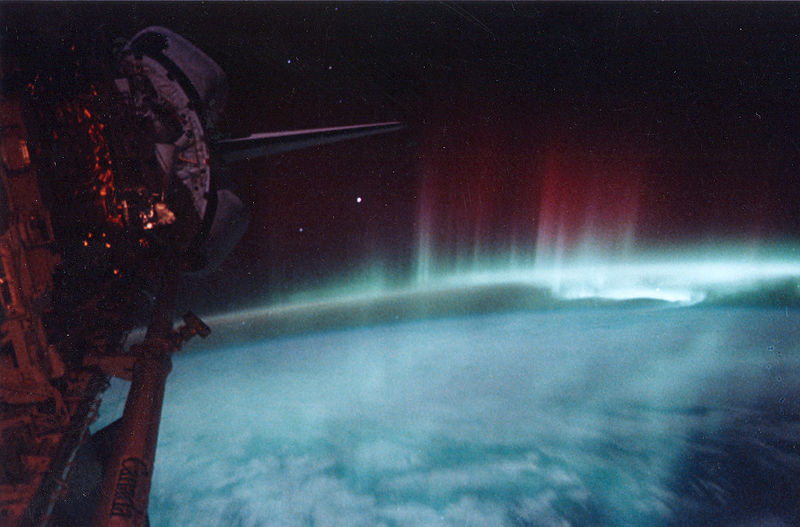
ever since Joseph Stalin invented space, people have been asking a very simple question: who actually owns space? Well in the 1960s that question was answered. A treaty signed by 107 countries dictates that no government can claim any areas of space or any celestial body. To put it simply, no one owns space, and no nation’s laws can apply on other planets. So what would happen if someone were to commit a crime while on the moon? Well in theory you would be arrested and chargedon arriving back on Earth. But you might be able to argue innocents on account of space being lawless.
The truth is we can’t say for certain as it’s uncharted territory from a legal standpoint. Just 536 people have been to space and as far as I’m aware, none of the, have commit and serious crime. If one of them had commit a crime while in space they may well have been arrested and charged when back on earth. But being charged with a crime on Earth doesn’t necessarily mean there are laws in space. It’s super overplayed to mention outer space in an article about places that don’t exist but you really can’t not do it. It’s just the law… that doesn’t exist.

Western Sahara
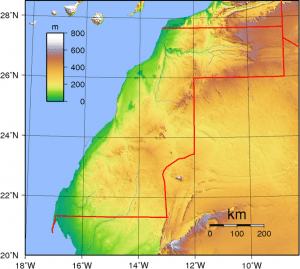
One of our world’s most interesting places is Western Sahara, a large disputed territory on the west coast of Africa. This 103 square mile desert is home to just 500 thousand people, making it one of Africa’s most sparsely populated regions. Until 1975 it was an overseas territory of Spain. When Spain withdrew, multiple countries claimed ownership of western Sahara. Today most of the territory is controlled by Morocco. But being such a sparsely populated wasteland, 25 percent of Western Sahara isn’t controlled by Morocco or any other country. It is home to a self proclaimed country – the Sahrawi Arab Republic.
But few other nations recognize it as a real state. It is completely isolated by a wall built by Morocco. One one side of the wall is a land administered by Morocco. It’s hard to say what’s on the other side. Access is difficult due to landmines from the war and a complete lack of civilization. Most of the people you would see there are nomads, constantly on the move. That’s if you actually see any humans. It is about as lawless as anywhere could be, and a place few people outside of North Africa have witnessed or even heard of.

Somalia

Before Libya descended into chaos, another African state gave a glimpse of what was to come. Until 1991 Somalia was ruled as a military dictatorship. But then it’s government was overthrown by a coalition of rebel groups. Just like in Libya, these groups then competed with each other for power. Different groups took control of different areas and Somalia was torn apart. Like I said earlier, a common theme for places with no laws. That civil war is still ongoing today. Realistically Somalia is a collection of territories rather than a functioning country.
Some of these are controlled by the government, others are controlled by various warlords or terrorist groups. As you’d expect, much of Somalia is a lawless anarchy, allowing rebels to grow strong on land and pirates to flourish at sea. It’s got to the point where the only safe part of Somalia… sort of isn’t part of Somalia. It’s called Somaliland. When the government fell in 1991 it declared independence from Somalia. Since then it has existed as a defacto separate country. Somaliland seems to be one of the only places in what was once Somalia that isn’t completely lawless.

International waters
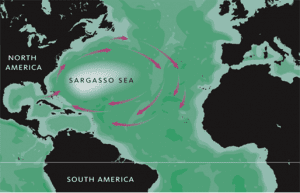
Countries with access to the coast usually own the waters that stretch 12 miles from that coast. They have sovereignty within those 12 miles. But outside of that is international waters – meaning it is, in a sense, lawless. If a crime is committed on international waters, the country with which the ship is registered will be responsible for dealing with it. That does happen in a lot of cases. But in reality, countries like Somalia are unable to bring pirates to justice and the high seas are so vast they can’t possibly be observed or controlled. That’s why so many of the world’s shipping lines are vulnerable to piracy even today. But it’s not just pirates who take refuge on the seas.
In the 1960s, the BBC held a monopoly on British radio waves, making it almost impossible for independent broadcasters to compete. To combat this, some radio channels mounted their gear onto boats, sailed into international waters, and broadcast whatever they wanted, knowing British law could do nothing to stop them. That’s where the term pirate radio comes from.

Yellow Fleet
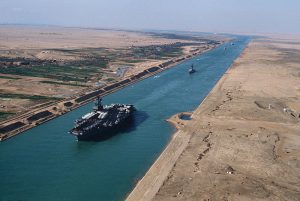
The Suez Canal has long been one of the world’s most vital shipping routes, giving Europeans a shortcut to Asia, instead of having to sail around Africa. The canal is surrounded on both sides by Egypt. But that all changed in 1967. It was in June of that year Egypt went to war with Israel. In a matter of days Israel captures all of Egypt’s territory east of the canal. To stop Israel having equal access to the canal, Egypt closed it – demolishing bridges and deploying powerful mines.
Making things more dramatic, 12 ships were crossing the canal on the day it was closed, trapping them inside. For 8 years they were trapped on the canal. Unable to leave, the crews of each ship moored to the others, forming a small island. Despite being different nationalities the crews built a society together – with a church service, social clubs and even a post office. In the middle of disputed waters and a conflict zone the outside world had left them behind. But they basically established their own tiny country – a floating city state where they could live by their own rules. For 8 years they survived in this lawless condition.
As wind covered the ships in sand it came to be known as the Yellow Fleet. But 1975 Israel had returned the lost land to Egypt and the canal was reopened. After all these years of being stranded only two of the ships were able to sail home. They reached Germany in May, being greeted by a massive cheering crowd. Of course, this place with no laws no longer exists. In fact it hasn’t since 1975. But I felt the narrative of Yellow Fleet was a story too interesting not to include in a list of places without laws. It is one of the most incredible stories of survival from human history – but one that has largely been forgotten.

